Introduction
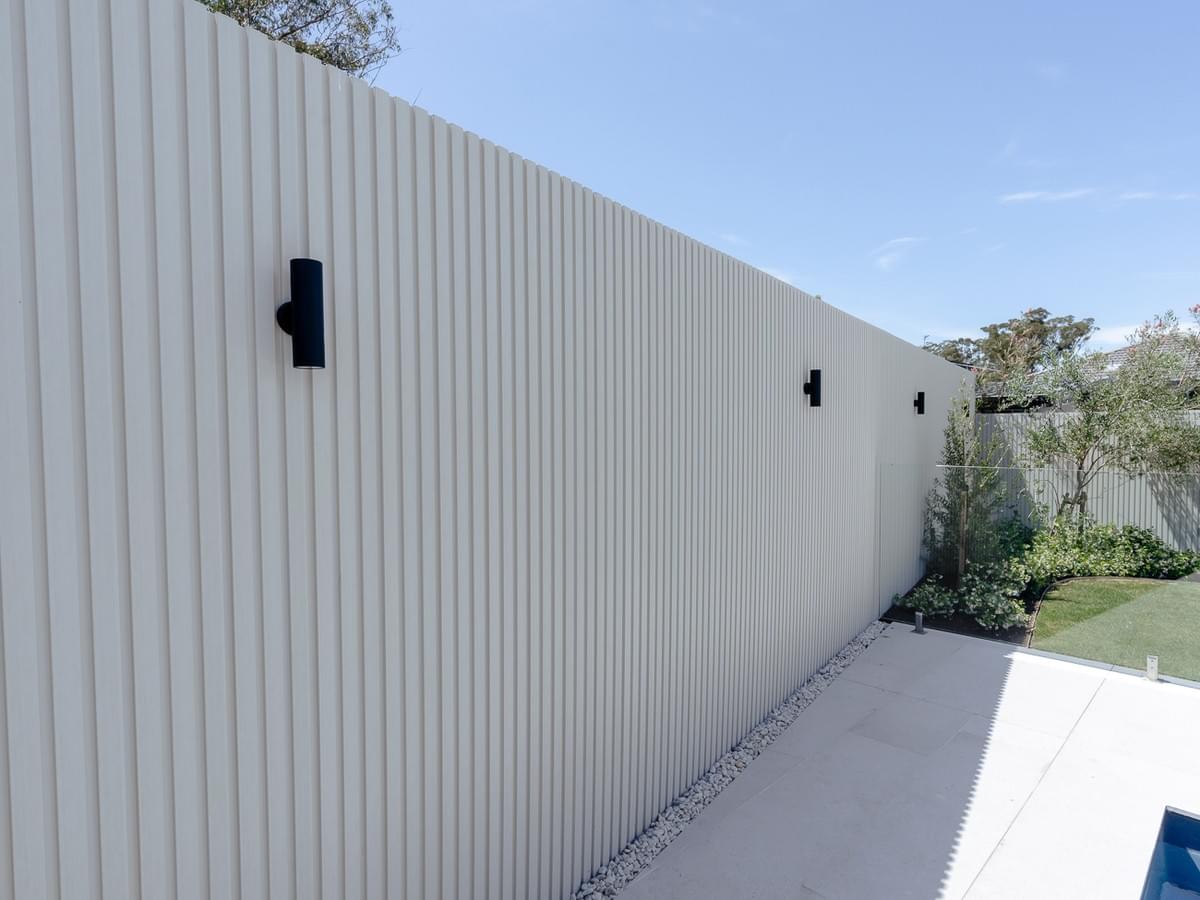
The Growing Popularity of Composite Decking
Composite decking has surged in popularity due to its low-maintenance nature and resistance to the elements. Unlike traditional wood decks that require regular staining and sealing, composite lumber decking offers a hassle-free alternative that retains its beauty year after year. Homeowners appreciate the variety of colors and textures available in composite deck boards, allowing them to create stunning outdoor spaces without the constant upkeep associated with wood.
Comparing Long-Term Costs of Decking Options
When evaluating the cost of composite deck vs wood cost, it's essential to consider both initial investment and long-term value. While the upfront cost of composite materials may be higher than some wood options, their longevity often results in significant savings over time due to reduced maintenance needs and replacement frequency. By analyzing these factors, homeowners can make smarter choices that align with their budgets and lifestyle preferences.
What Homeowners Need to Know
Before selecting between deck composite decking options or traditional wooden decks, homeowners should educate themselves on various aspects such as durability, lifespan, and environmental impact. Composite wood decking boards are designed to withstand harsh weather conditions without warping or splintering, making them an attractive option for those seeking longevity in their outdoor spaces. Additionally, understanding how brands like Composite Decking Inc prioritize sustainability can help homeowners feel confident about their choices while contributing positively to the environment.
Composite Decking: A Modern Marvel
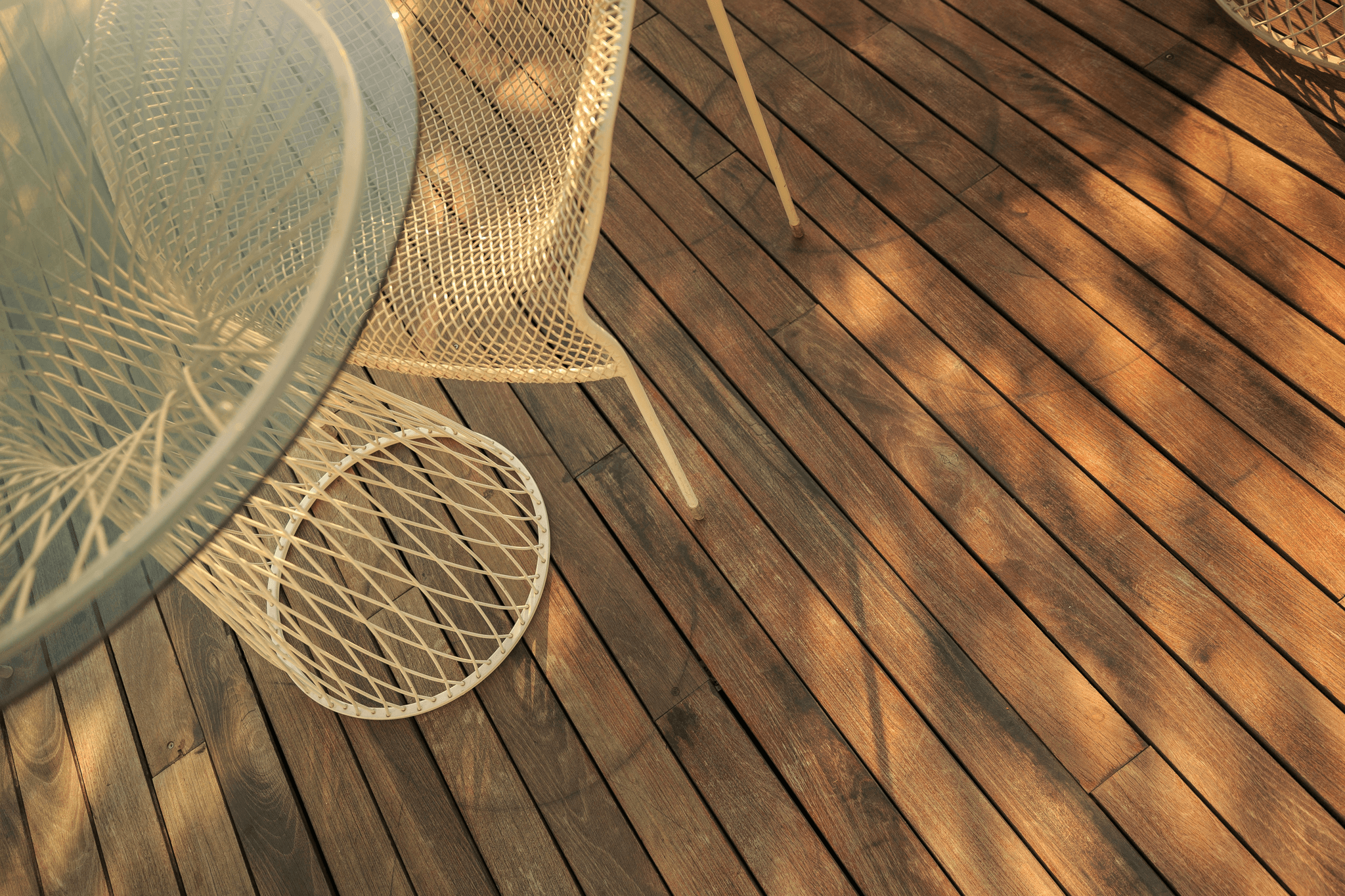
Composite decking has revolutionized the outdoor living experience, offering homeowners a blend of durability, aesthetics, and low maintenance. Unlike traditional wood decks, composite lumber decking is engineered to withstand the elements without warping, splintering, or fading. This modern marvel not only enhances your outdoor space but also provides long-term value that makes it a compelling choice when considering composite deck vs wood cost.
Advantages of Composite Lumber Decking
One of the standout features of composite lumber decking is its resistance to rot and insect damage, which are common pitfalls for wooden decks. Homeowners can enjoy their outdoor areas without the constant worry of maintenance or repairs associated with natural wood. Additionally, composite deck boards come in a variety of colors and textures that mimic the look of real wood while providing superior durability and ease of cleaning.
Another advantage is the low maintenance requirement; unlike wood decks that need regular staining and sealing to maintain their appearance, composite decking typically only requires occasional washing with soap and water. This means more time enjoying your deck rather than spending it on upkeep—something every homeowner can appreciate! Plus, many brands like Trex composite lumber offer warranties that reflect confidence in their product longevity.
Finally, composite materials are designed to be slip-resistant and splinter-free, making them safer for families with children or pets. With all these benefits combined, it's easy to see why so many homeowners are opting for deck composite decking over traditional options.
The Technology Behind Composite Deck Boards
The technology behind composite deck boards is nothing short of impressive; it combines recycled materials with advanced engineering techniques to create a product that outperforms traditional wood in nearly every category. Most composites incorporate a mixture of recycled plastic and reclaimed wood fibers—an innovative approach that not only reduces waste but also enhances performance characteristics like strength and flexibility.
Moreover, advancements in manufacturing processes have led to improved color retention and weather resistance in modern composite wood decking boards. This means you won't have to deal with fading issues commonly associated with wooden decks after just one summer under the sun! With brands like Composite Decking Inc leading the charge in technological innovation, you can trust that you're getting a product designed for longevity.
Lastly, many manufacturers utilize co-extrusion technology where an outer layer protects against moisture absorption while maintaining an attractive finish on the surface. This results in less expansion and contraction compared to traditional woods—a crucial factor when considering long-term performance over years under varying weather conditions.
Sustainability and Eco-Friendliness
When discussing sustainability in home improvement choices, it's hard not to highlight the eco-friendliness of composite decking products available today. Many manufacturers produce their materials using recycled content—such as plastic bags or reclaimed timber—which helps divert waste from landfills while minimizing environmental impact during production processes. Choosing products made from sustainable resources not only benefits your immediate surroundings but also contributes positively toward global conservation efforts.
Additionally, unlike traditional treated woods which often require chemical preservatives harmful to both people and nature alike; most composites are free from such toxic substances making them safer alternatives for families who value health-conscious living spaces outdoors! It's this commitment towards creating greener solutions combined with stunning aesthetics that truly sets composite lumber apart from conventional options.
Finally—and perhaps most importantly—composite decking has been shown to have lower life-cycle carbon emissions compared to wooden alternatives when factoring in production methods through disposal stages at end-of-life scenarios too! Therefore if you're weighing up your choices between different types available on market today remember: investing wisely now could mean less environmental footprint down road!
The Traditional Choice: Wood Decking
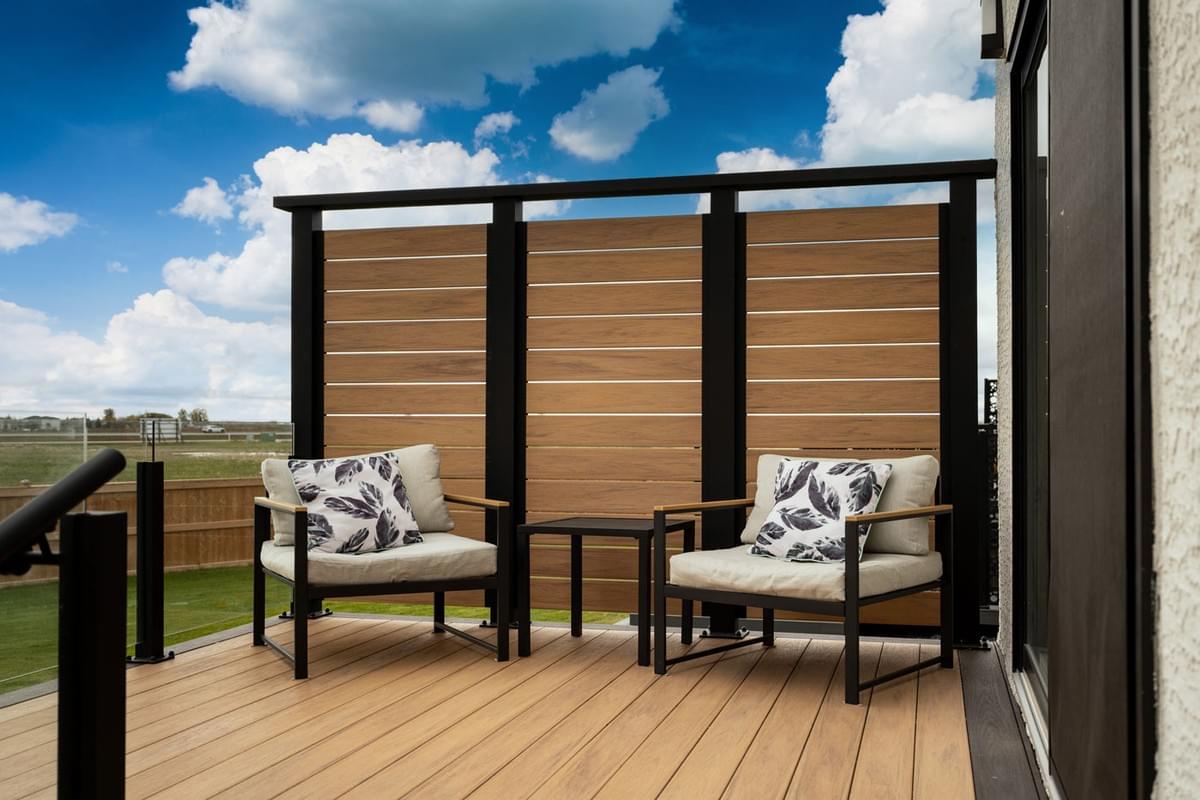
Wood decking has long been a favorite among homeowners seeking to create a warm and inviting outdoor space. Its natural beauty and traditional appeal make it an attractive option, but it's essential to weigh the advantages against the drawbacks. Understanding the pros and cons of wood decks can help you make an informed decision when comparing composite deck vs wood cost.
Pros and Cons of Wood Decks
One of the most significant advantages of wood decks is their aesthetic appeal; there's something undeniably charming about natural wood grain that many homeowners adore. Additionally, wood is often more affordable upfront compared to composite materials, which can be appealing for those on a budget. However, this initial savings comes with a catch—wood decks require regular maintenance, including staining and sealing, which can add up over time.
On the downside, wooden decks are susceptible to warping, splintering, and insect damage if not properly maintained. Weather conditions can take a toll on their longevity as well; exposure to moisture can lead to rot or mold growth. When considering your options between composite lumber decking and traditional wood, it's crucial to think about how much time you want to invest in upkeep versus enjoying your outdoor space.
Types of Wood Used in Decking
When it comes to wooden decking options, various types of lumber are commonly used—each with its unique characteristics. Pressure-treated pine is popular due to its affordability and resistance to decay but may not have the same aesthetic appeal as hardwoods like cedar or redwood. These hardwoods offer stunning visuals and natural resistance against insects but come at a higher price point.
Tropical hardwoods like Ipe are known for their exceptional durability but also carry a hefty price tag that might push them out of reach for some budgets. Ultimately, choosing the right type of wood will depend on your personal preferences regarding appearance, durability, and cost considerations in comparison with composite deck boards or other alternatives like trex composite lumber.
Maintenance Requirements for Wooden Decks
Maintaining wooden decks requires ongoing effort—think annual power washing followed by staining or sealing every few years—to keep them looking pristine over time. Without proper care, wooden surfaces can fade in color or develop unsightly mildew stains that detract from their beauty. This maintenance routine not only demands time but also money for supplies or hiring professionals if tackling it yourself feels overwhelming.
In contrast to low-maintenance options like composite decking that resist fading and require little upkeep beyond occasional cleaning with soap and water, wooden decks present an ongoing challenge for homeowners who prefer relaxation over laborious chores outdoors. It's essential when considering deck boards whether you're ready for this commitment before making your final choice between wood versus more modern alternatives like composite wood decking boards offered by companies such as Composite Decking Inc.
Cost Analysis: Composite vs Wood
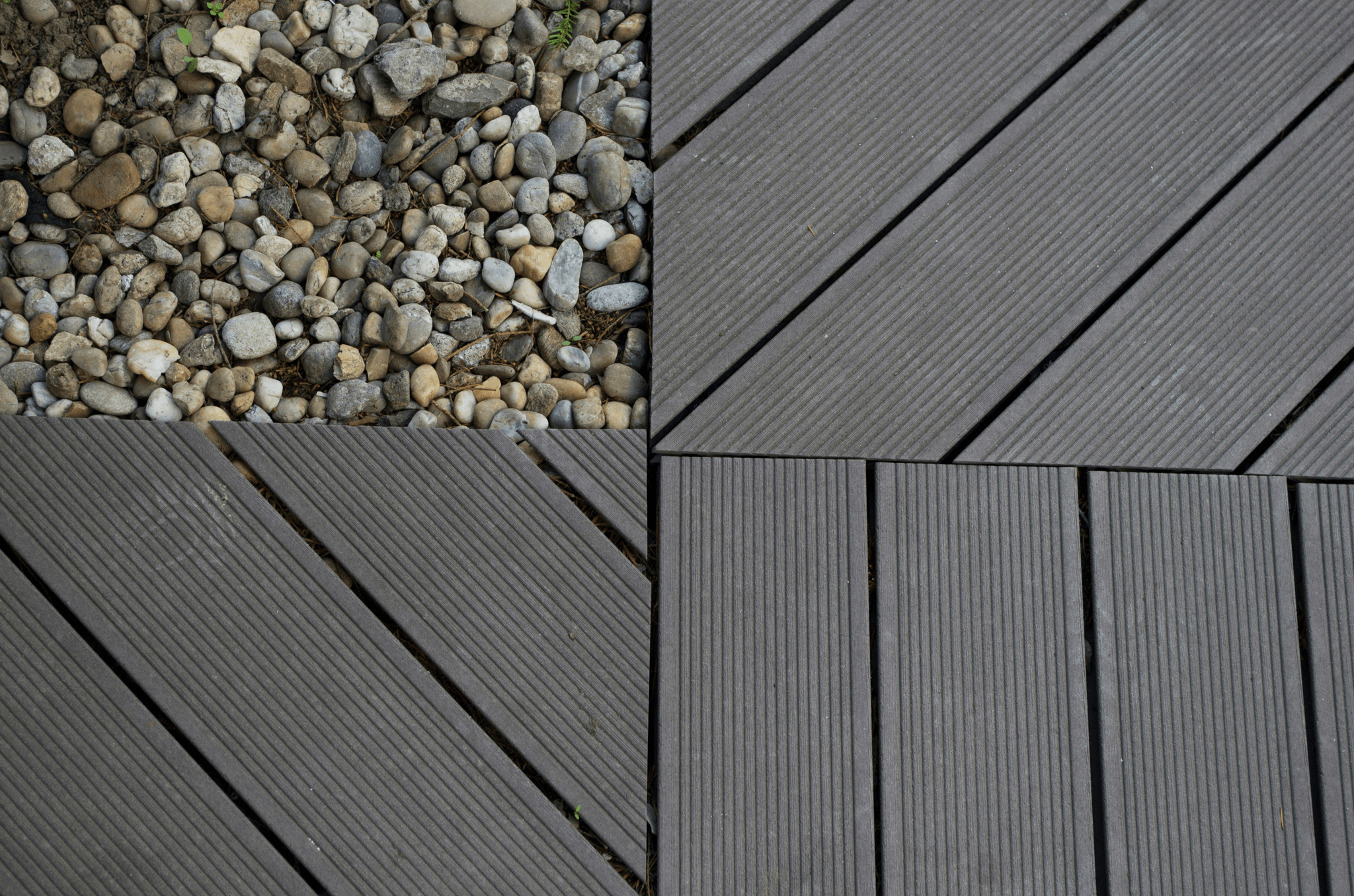
Breakdown of Composite Deck vs Wood Cost
The initial price of composite decking can be higher than traditional wood decks, with premium products like Trex composite lumber often leading the pack in terms of price point. On average, homeowners can expect to pay anywhere from $30 to $60 per square foot for composite materials, which includes both the deck boards and installation costs. In contrast, basic wood decking typically ranges from $15 to $30 per square foot, depending on the type of wood selected and local market conditions.
However, it's essential to factor in that while the upfront investment for composite decking may be steeper, it offers significant long-term savings due to its durability and low maintenance requirements. Composite lumber decking doesn’t require staining or sealing like traditional wood does, which can add up over time in terms of both labor and materials. Thus, while your wallet might feel lighter initially with wood options, the long-term benefits of composite deck boards could tip the scales back in favor of composites.
Initial Investment vs Long-Term Value
When evaluating your options between composite decking and traditional wood decks, it’s vital to consider not just the initial investment but also the long-term value each material provides. While Trex composite lumber may require a higher upfront expenditure compared to wooden alternatives, its longevity makes it a more economical choice over time. Composite decking can last 25 years or more with minimal upkeep—whereas wooden decks often need replacement or extensive repairs after 10-15 years due to rot and weathering.
Moreover, consider that maintenance costs for wooden decks can accumulate quickly; regular staining and sealing are necessary to maintain their appearance and prolong lifespan. These hidden expenses can significantly inflate your overall investment in a wooden deck when compared directly with deck composite decking solutions that provide lasting beauty without constant care. Ultimately, while both materials have their merits at first glance regarding cost analysis, understanding their long-term value is where composites shine brightly.
Hidden Costs You Might Overlook
While many homeowners focus on sticker prices when comparing composite deck vs wood cost, there are several hidden costs that could influence your final decision significantly. For instance, if you opt for wooden decks without considering climate factors such as humidity or rainfall in your area—these could lead to unforeseen repair expenses down the line as moisture damage takes its toll on untreated timber over time.
Additionally, if you don’t factor in labor costs properly when installing either option—since installing composite deck boards often requires specialized skills—it might lead you astray in budgeting accurately for your project overall. Lastly, remember that some regions may impose additional fees related specifically to sourcing materials like eco-friendly composites; these should be taken into account when calculating total expenses associated with either type of decking solution.
Factors Influencing Decking Costs
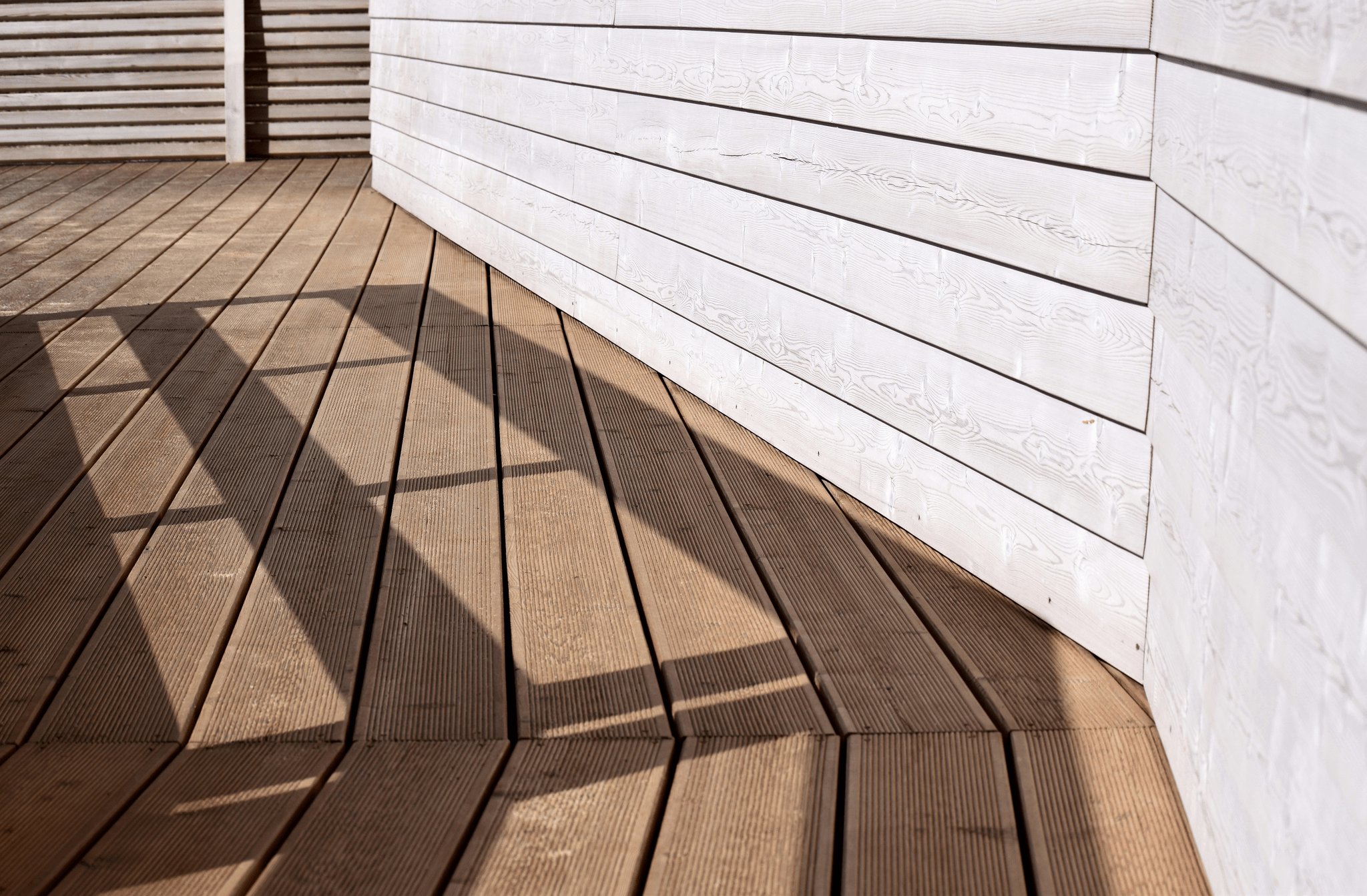
Availability and Sourcing of Materials
The availability and sourcing of materials play a pivotal role in determining the composite deck vs wood cost. Composite lumber decking, such as Trex composite lumber, often relies on specific raw materials that might not always be readily available, leading to fluctuations in pricing. On the other hand, traditional wood may seem more accessible; however, certain types like cedar or redwood can also be subject to supply chain issues that drive up costs.
Moreover, sourcing local materials can help mitigate expenses associated with transportation and shipping. Homeowners should research local suppliers for both composite deck boards and wood options to find competitive pricing. Ultimately, understanding where your materials come from will help you make a more budget-friendly choice.
Labor Costs for Installation
Labor costs are another significant factor influencing the overall price of your decking project. Installing deck composite decking requires skilled laborers familiar with working with both composite materials and traditional wood options. While some homeowners may consider a DIY approach to save money, improper installation could lead to costly repairs down the line.
For those opting for professional installation, it's crucial to get multiple quotes from contractors who specialize in both types of decks—composite wood decking boards versus traditional wooden decks—to ensure you're getting a fair rate. Additionally, experienced installers may charge higher fees but can provide peace of mind knowing your investment is in capable hands.
Geographic Variations in Pricing
Geographic location significantly affects the cost of both composite and wooden decks due to regional market conditions and demand fluctuations. In areas where timber is abundant, wood deck prices might be lower than those for composite alternatives like Trex composite lumber or other high-quality deck boards. Conversely, regions with strict environmental regulations might encourage homeowners toward eco-friendly options like composite decking due to potential incentives or rebates.
Understanding local market trends will help you gauge whether investing in a durable option like composite lumber decking is worth it compared to traditional wood choices in your area. Overall, researching geographic variations will give you valuable insights into making an informed decision about your outdoor space investments.
Making the Right Choice for Your Home

Choosing the right decking material is a significant decision for homeowners, as it affects both aesthetics and long-term maintenance costs. When weighing composite deck vs wood cost, Trex composite lumber stands out as a popular choice due to its durability and low maintenance requirements. However, traditional wood decking offers its own charm that some may find hard to resist.
Choosing Between Trex Composite Lumber and Wood
When deciding between Trex composite lumber and traditional wood, it's essential to consider your lifestyle and how much time you're willing to invest in maintenance. Composite decking requires minimal upkeep compared to wood, which can rot or warp over time, leading to increased costs down the road. While the initial investment of composite deck boards may be higher than that of wood, many homeowners find that the long-term value justifies this expense.
The cost analysis reveals that while composite lumber decking might seem pricier upfront, it often pays off in terms of longevity and resilience against weather elements. Additionally, you won’t be spending weekends sanding or staining your deck when you opt for low-maintenance options like composite wood decking boards. In short, if you’re looking for hassle-free outdoor enjoyment without compromising style, Trex could be your best bet.
Factors to Consider for Your Outdoor Space
Several factors play into making the right choice for your outdoor space beyond just cost considerations. First off is climate; if you live in an area with extreme weather conditions—be it heavy rain or scorching sun—composite decking materials are engineered to withstand such challenges better than traditional wood decks. This means less worry about warping or fading over time.
Another aspect is design flexibility; composite deck boards come in various colors and textures that mimic natural wood while providing consistent performance throughout their lifespan. If you're aiming for a specific aesthetic but want the durability of a synthetic product, this could tip your decision toward composite options like Trex composite lumber. Ultimately, think about how you plan to use your space—entertaining guests? Family gatherings? The right material will enhance those experiences.
Expert Insights from Composite Decking Inc
At Composite Decking Inc., we are passionate about transforming outdoor spaces with high-quality, sustainable decking solutions designed for modern living. Our years of experience have taught us that choosing between composite deck vs wood cost isn't just about price; it's about value over time and how well each option fits into your lifestyle needs. We believe in offering durable products that combine beauty with functionality so homeowners can enjoy their outdoor spaces without constant worry.
Our expert team recommends considering not only the upfront costs but also hidden expenses associated with maintenance when selecting between different types of decks—especially when comparing Trex composite lumber against traditional wooden options. By investing in quality materials like our premium composite decking products now, you'll save on future repairs and replacements down the line while enjoying an attractive outdoor environment year after year.
Conclusion
In the ongoing debate of composite deck vs wood cost, homeowners have a plethora of options to consider. The decision ultimately hinges on factors such as budget, maintenance preferences, and desired aesthetics. With the advancements in composite lumber decking technology, many are leaning towards materials that promise longevity and reduced upkeep.
Key Takeaways on Decking Options
When weighing the pros and cons of composite decking versus traditional wood decks, it’s clear that both have their unique benefits. Composite decking offers durability and low maintenance, while wood provides a classic aesthetic that some homeowners cherish. Ultimately, understanding the long-term costs associated with each option—like those related to composite deck boards versus wooden boards—can help guide your choice.
The Future of Composite vs Wood Decking
The future looks bright for composite materials like Trex composite lumber as more homeowners prioritize sustainability alongside functionality in their outdoor spaces. With an increasing focus on eco-friendly practices, products like deck composite decking are becoming more mainstream. As technology advances, we can expect further innovations in composite wood decking boards that enhance performance while reducing environmental impact.
Final Thoughts on Your Decking Investment
Investing in a deck is not just about immediate costs; it’s about envisioning how your outdoor space will serve you for years to come. By considering factors such as maintenance requirements and overall durability when comparing composite deck vs wood cost, you can make an informed decision tailored to your lifestyle. At Composite Decking Inc, we believe that choosing quality materials not only enhances your home but also contributes positively to the environment.
